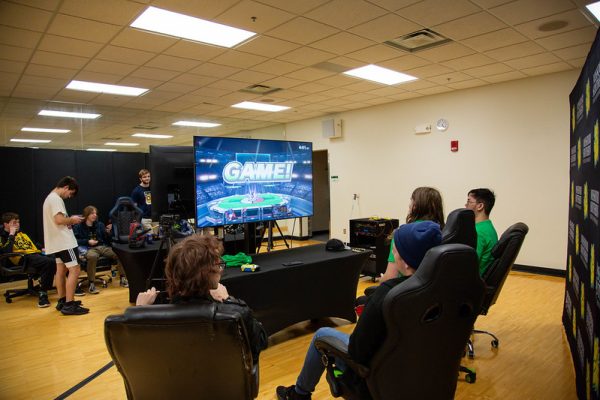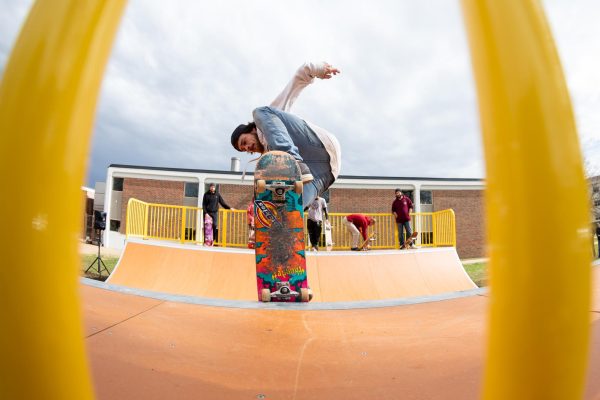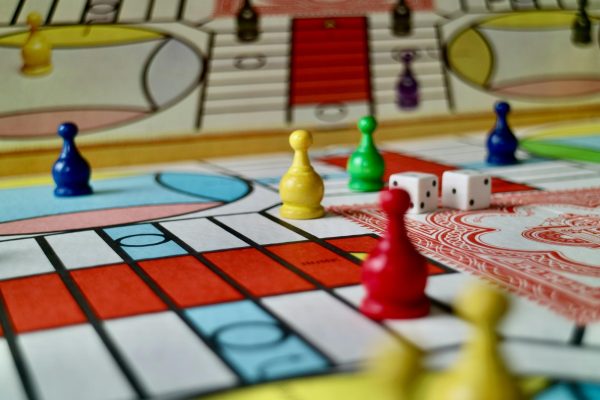Tuition spike results in penalty
Complications related to state funding and appropriations during the spring legislative session has caused Missouri Southern officials to make changes involving fees.
The issues, including an attempt to compensate for a loss of funds, means University students will see the impact on their tuition bottom line.
Dr. Alan Marble, University president, said Missouri Southern received substantially low amounts of state funding, reaching only $22.3 million, where in the past it has been significantly higher.
To make up for the decrease in appropriations, Missouri Southern officials originally planned to raise tuition by $30 per hour.
However, Marble said, due to Senate Bill 389, universities like Missouri Southern, are unable to raise tuition costs more than the percentage of annual consumer price index.
Because the tuition increase exceeded the allowed amount by state law, University officials incurred a penalty of “5% of state appropriations,” Marble said, and were fined approximately $1.1 million.
Working with officials from the Missouri Department of Higher Education, Southern officials created a budget plan which outlines raising tuition in increments.
During the fall 2018 semester, students saw an increase of $20 per credit hour in tuition, which remains below the rate of inflation.
While tuition is on the rise, University officials have stated students will continue to see their student activity fees included in tuition costs, as this change was implemented fall 2017.
This will eliminate additional costs for a variety of items including parking, health and using the eliminating extra costs for things such as parking, health, and using the Beimdek Recreation Center. Marble said he feels as though this is a good outcome for students in the long run.
By spring 2019, tuition will increase another $10 per credit hour, bringing the total cost to students at $232 per credit hour.
Southern officials, Marble said, are striving to maintain a high quality of education for its consumers, but they find it increasingly difficult as state funding and tuition continues to fluctuate.
“Even after we go up $30 extra, we’re still the lowest in price, and at a great value,” said Marble.
Your donation will support the student journalists of Missouri Southern State University. Your contribution will allow us to purchase equipment and cover our annual website hosting costs.
































